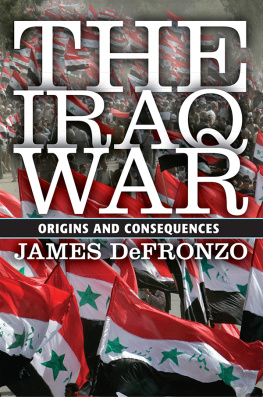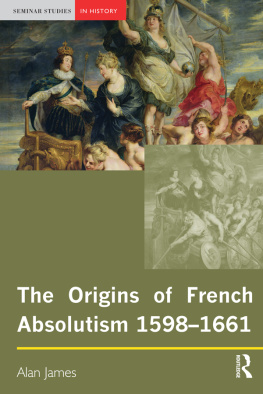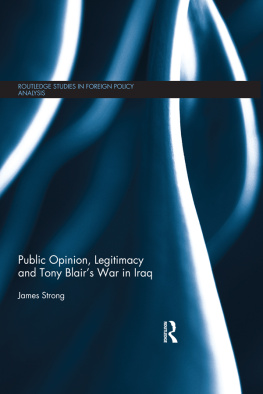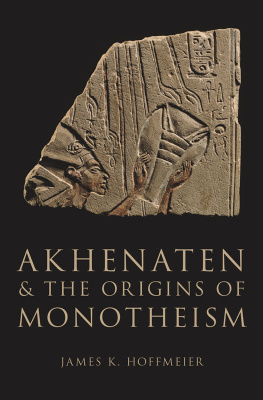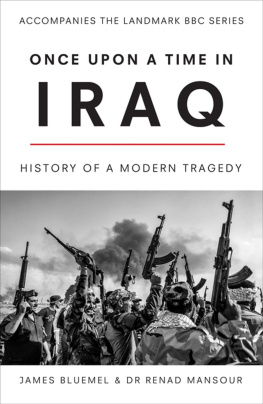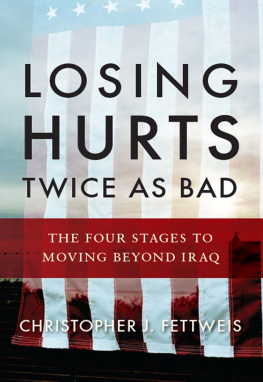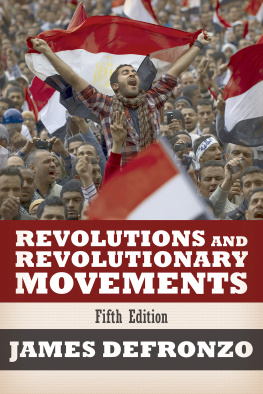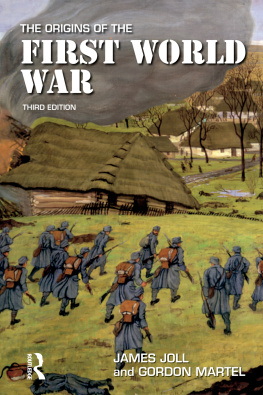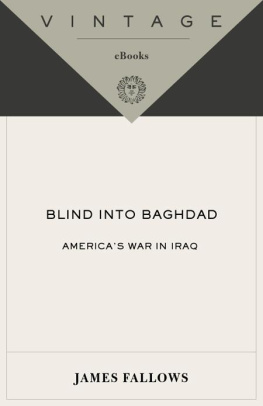The invasion of Iraq was in great part the result of a shocking day of violence, the September 11, 2001, terrorist attacks. In turn, the Iraq War led to many stunning developments, including the election of a young opponent of the war, Illinois Senator Barack Obama, as president of the United States. This book attempts to explain why the war took place, central aspects of the conflict, and the wars impacts on Iraq, the United States, the Middle East, and other nations around the world. It also explores the conflicts potential consequences for future rationales for war, foreign policy, the United Nations, and international law and justice.
The book, guided by the principle that awareness of past events is essential to contemporary and future understanding, begins with the early history of Iraq as a new nation formed by Britain from parts of the former Ottoman Empire at the end of World War I. It notes that the belief that Mesopotamia contained enormous amounts of oil appeared to play the dominant role in shaping British policies regarding Iraq. Americas involvement soon followed Britains.
The first central theme of this book is that the Iraq War, the justifications for launching it, the lengthy occupation, and the limitations on Iraqs democracy and sovereignty are all best understood in terms of the importance of the countrys energy resources. The second theme is the sociological and historical interrelatedness of important sociopolitical developments and the necessity of understanding causal links among them. The book, for example, describes the US and British involvement in oil-rich Iran in 1953 and how this intervention provoked a series of responses and movements that led to the IranIraq War, the Iraqi invasion of Kuwait, the 1991 Persian Gulf War, and ultimately to the invasion and occupation of Iraq.
This book is structured to provide a clear and relatively concise means to significantly expand knowledge of Iraq, the factors and processes that led to the US decision to go to war, the nature of the conflict, the changes that took place in Iraq, and the wars local and international consequences. It is intended to be a central resource for faculty members and students in political science, history, or sociology courses not only dealing specifically with the Iraq War or the Middle East, but also more generally with social conflict, social movements and change, foreign policy, international relations, and the advancement of democracy around the world.
Political scientists may note that the book describes Iraqi politics and political systems since the countrys inception, the forces promoting or constraining democracy and sovereignty, and the effects of foreign interventions on later political events.
Historians can find value in the books providing a basic history of Iraq and US foreign policy important for establishing the context for more fully understanding the Iraq War, the events that followed, and the forces and personalities that would play major roles after the fall of the Baathist regime.
In addition, sociologists may note the effects of Iraqs traditional forms of social organization, its ethnic and religious divides, the nature of contending social movements and the factors that strengthened or weakened them, and the social, political, and economic consequences of the war.
The initial task of the book, toward which the first three chapters are directed, is to introduce the reader to important aspects of Iraqs culture, early sociological characteristics, and political history up to the reign of Saddam Hussein. This includes descriptions of the peoples, cultures, and lands that provided the foundation for the nation of Iraq and how Britains denial of genuine democracy to the Iraqi people had dire consequences for Iraqs future. The progressive undermining of the British-installed Iraqi royal family by events such as the 1948 ArabIsraeli War, the 1955 Baghdad Pact, and the 1956 Suez crisis is described, as well as the 1958 violent overthrow of the pro-British regime and the profound division between leftist and Arab nationalist revolutionaries that led to the Baathist takeover.
The next section of the book, the fourth and fifth chapters, is oriented toward describing crucial interconnected events, the knowledge of which is essential for understanding the Iraq War and the political actors and organizations that assumed major roles in occupied Iraq. These include Saddams ascendancy to power, the effects of the Iranian Revolution on Iraq, the Iraqi Shia political-religious movement, the outbreak of the IranIraq War as well as its impacts, Iraqs decision to invade Kuwait, the 1991 Gulf War, how aspects of this conflict motivated Al Qaeda to attack the United States, and the effects of Iraqs defeat.
A central component of the book is the sixth chapter, which describes the impacts of the Bush administration and the 9/11 attacks on Americas orientation toward Iraq, the Bush Doctrine of preventive war, the roles of eleven major factors that affected the decision to invade, the war plan, the invasion, and crucial early aspects of the occupation.
The importance of analyzing the American role in Iraq in the context of previous US foreign interventions including Vietnam in terms of factors such as justification for war, the nature of the resistance, military strategy and tactics, and US public opinion is emphasized in the seventh chapter.
The book in the eighth and ninth chapters describes events and developments in Iraq after the US-led invasion, including how different Iraqi social groups responded to the occupation, and the new constitution and political system. It also explains the rise of antioccupation resistance groups and their characteristics. This section of the book further describes US counterinsurgency methods, their application in Iraq, and the role of the 2007 surge in US troop strength and other factors, such as private military firms, in the war. Aspects of US corporate presence and activities are also analyzed along with the 2008 IraqUS Status of Forces Agreement.


